I’ve suggested comments to help condense specific parts of the introduction to fit the 30-word limit. Let me know if you’d like further adjustments!
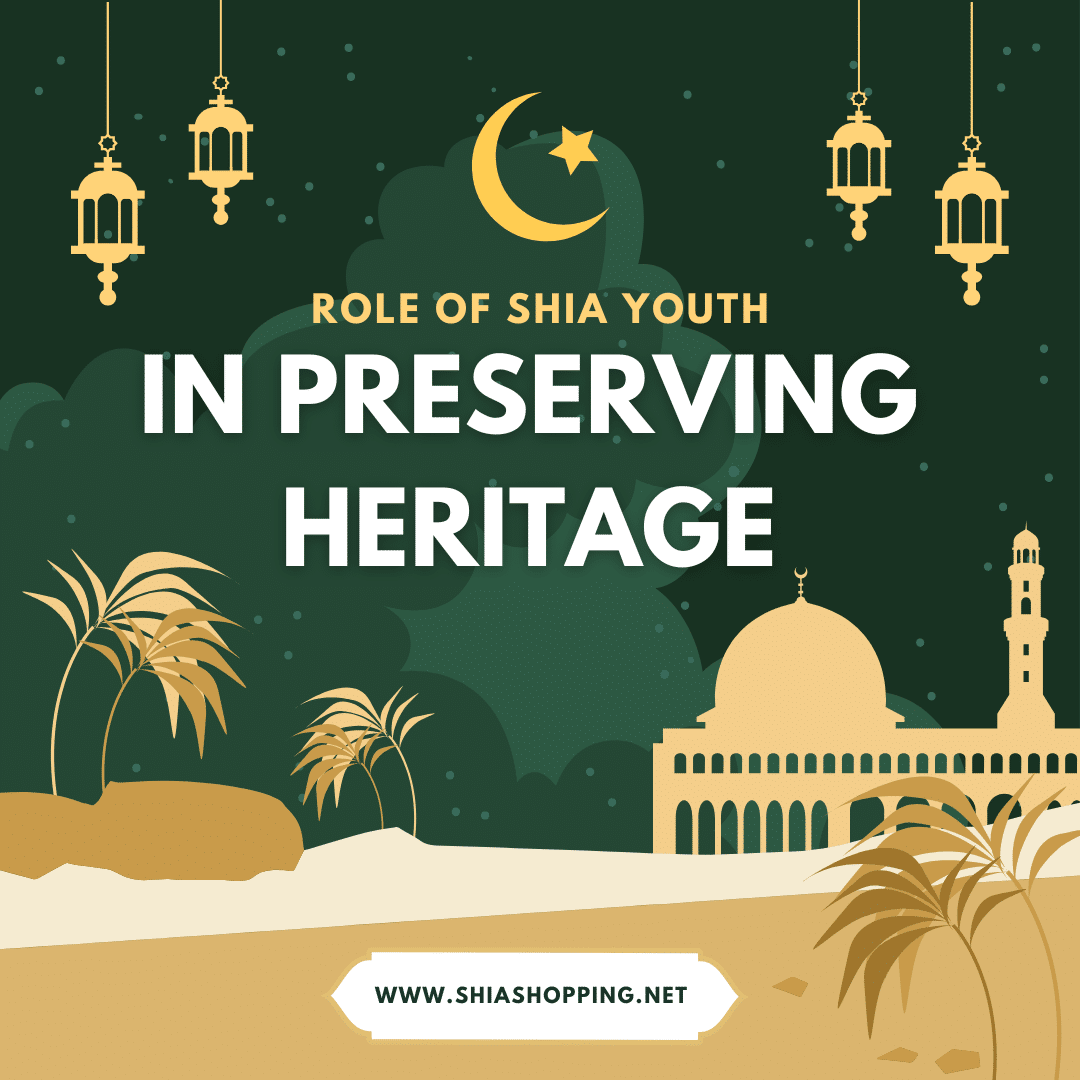

I’ve suggested comments to help condense specific parts of the introduction to fit the 30-word limit. Let me know if you’d like further adjustments!
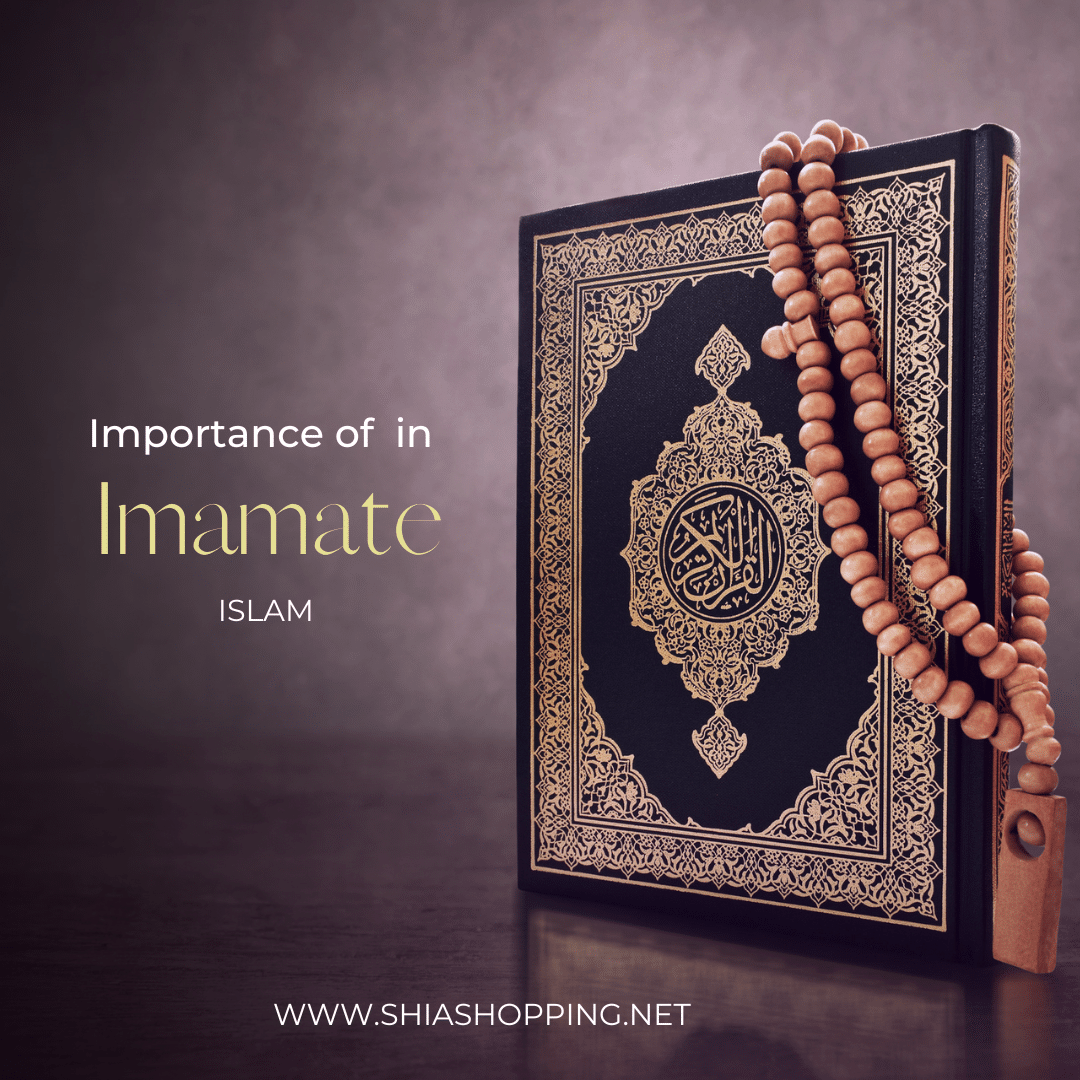
Imamate holds a central position in Islamic belief, serving as the guiding framework for leadership. Shi’a Muslims particularly emphasize this concept, viewing it as divinely appointed and vital for faith. To explore Imamate, we delve into its spiritual, social, and theological importance.
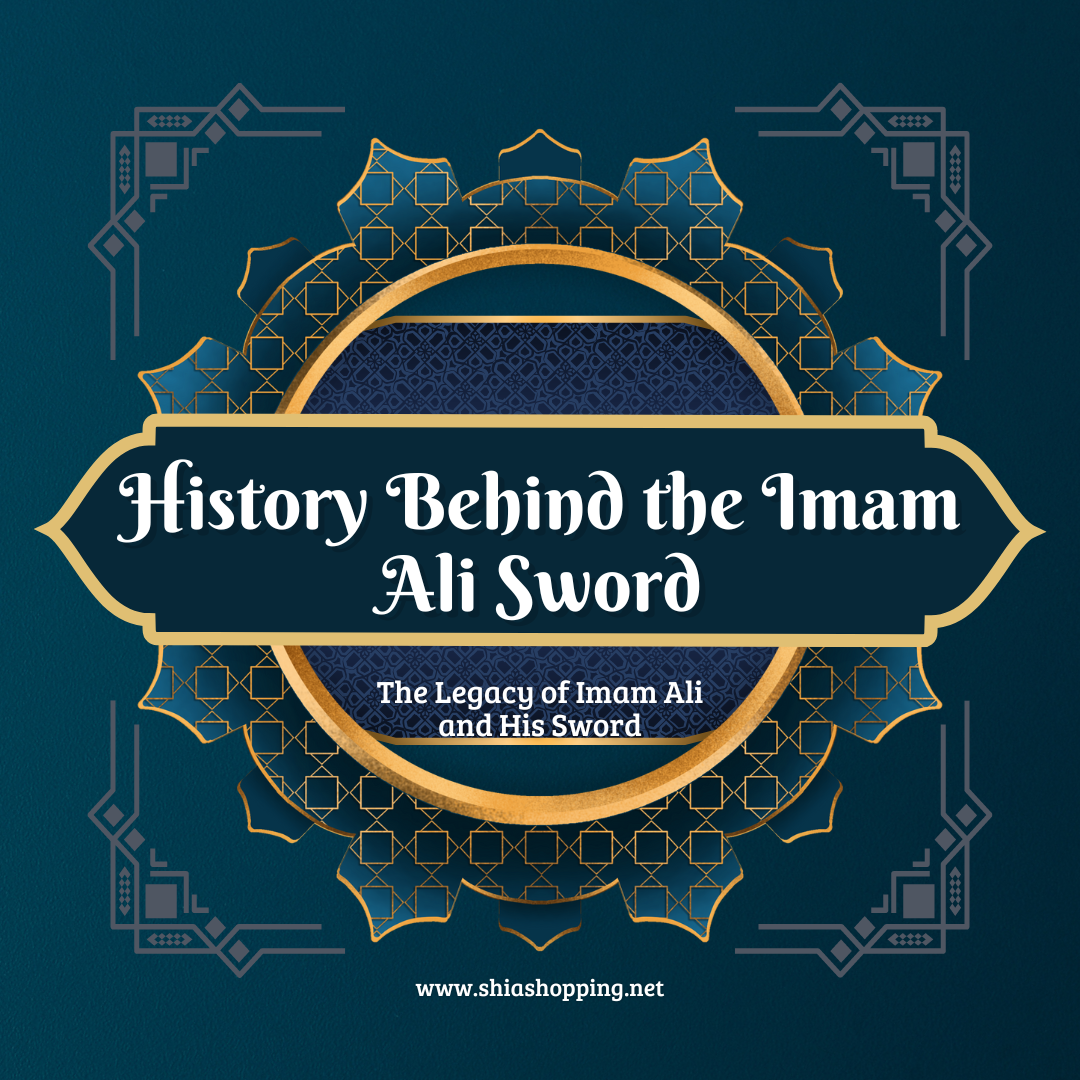
The Imam Ali sword symbolizes justice, bravery, and Islamic heritage.
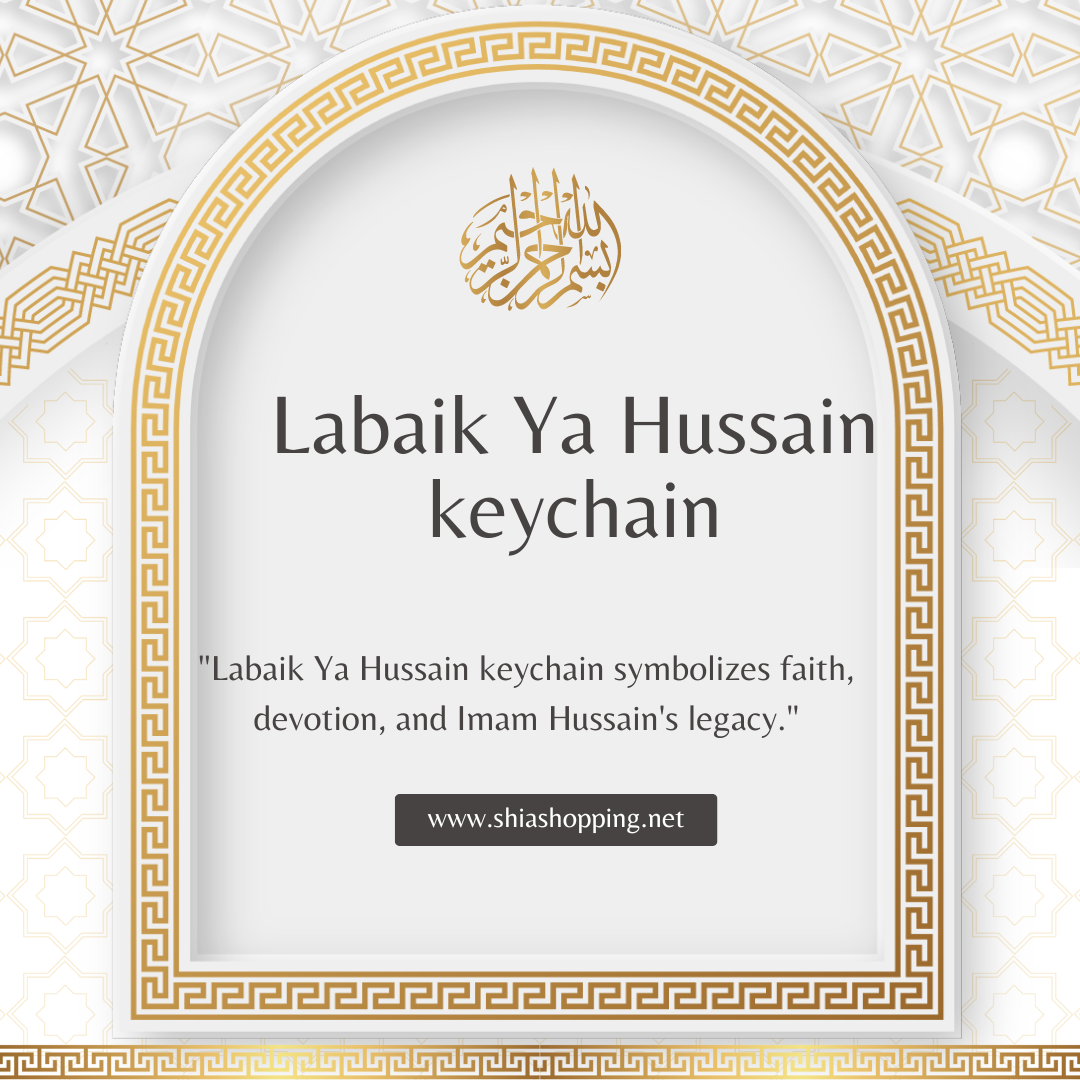
“Labaik Ya Hussain keychain symbolizes faith, devotion, and Imam Hussain’s legacy.”

The Firoza Tasbih enhances meditation by promoting focus, emotional healing, spiritual connection, and mental clarity through its calming energy.

Firoza Tasbih is a gemstone prayer bead known for enhancing spirituality, offering peace, and strengthening connection with God.
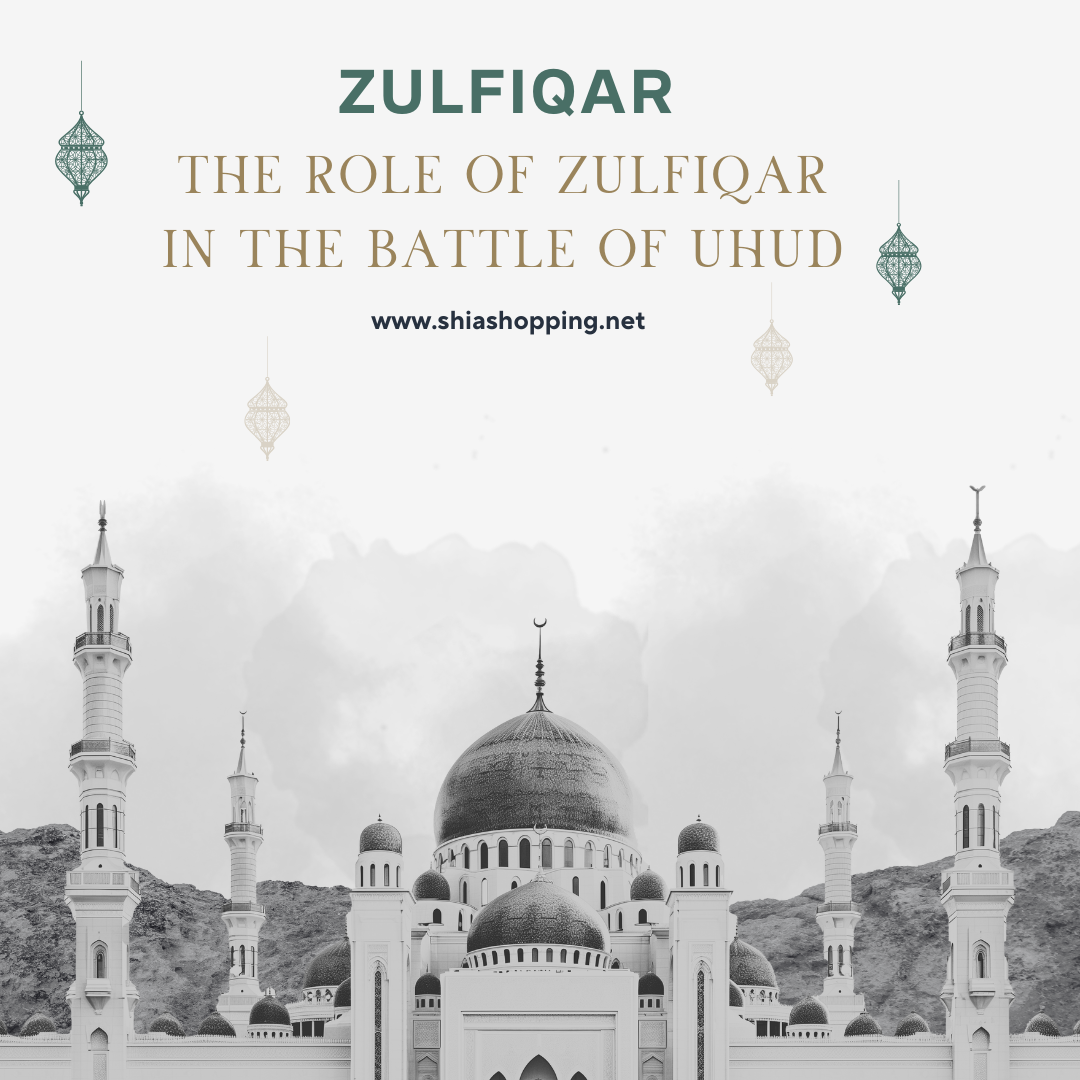
Imam Ali wielded Zulfiqar at Uhud, defending the Prophet and turning the battle’s tide.

Naad e Ali is recited in Shia festivals for blessings and protection, honoring Ali’s virtues and seeking divine support.
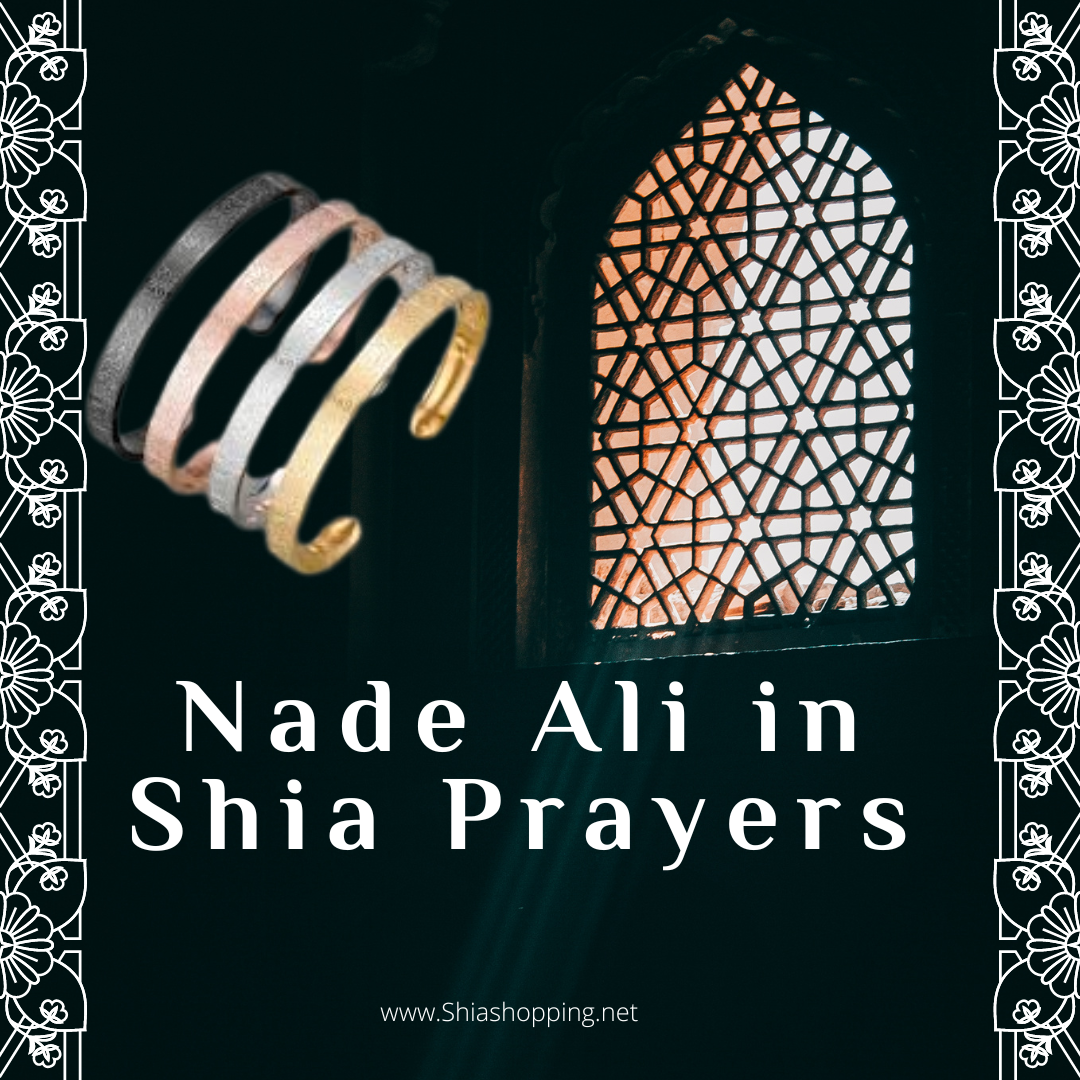
In Shia prayers, Nade Ali is a revered invocation calling upon Imam Ali (AS) for divine assistance, protection, and blessings, deeply valued for its spiritual strength and miraculous effects.

Khake Shifa, a sacred clay from Karbala, holds profound significance in Shia Muslim rituals, especially during mourning practices. Its role is deeply intertwined with the remembrance of the martyrdom of Imam Hussain, the grandson of Prophet Muhammad, and his companions during the Battle of Karbala. This clay is not just a physical substance but a […]